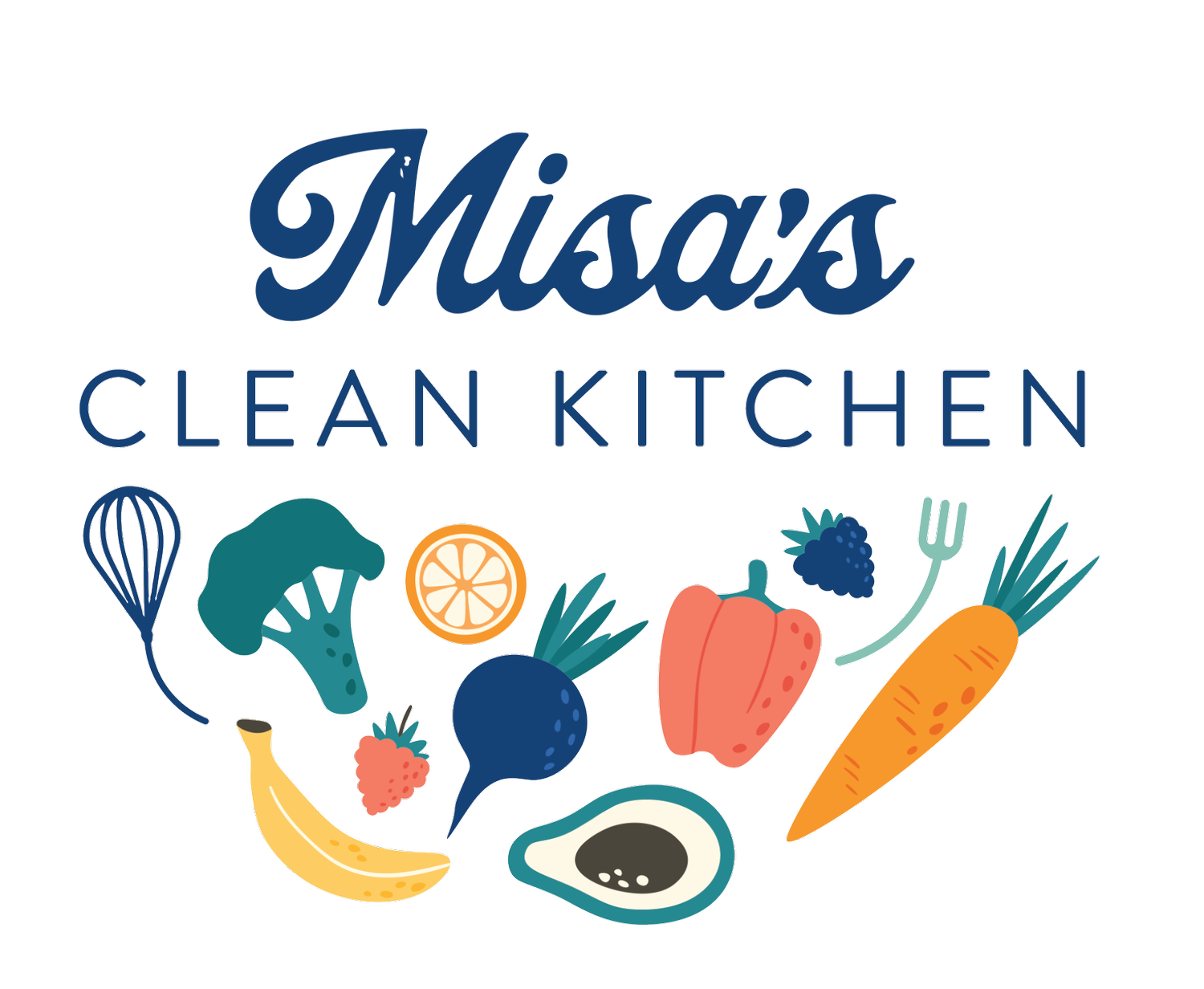Is Dessert a Treat if We Have it Everyday?
Is dessert a treat if we have it everyday? What is your definition of dessert?
These are question I ask myself regularly and am still trying to figure out. As I continue on my health journey, and my girls get older, now 8 and 10, my ideas on dessert continue to evolve.
When my girls were little I use to steer clear of the sugary treats. When they asked for dessert, they were perfectly happy with fresh fruit salad or dried fruit. Now that they are older and in school, they have noticed some of their friends with a sweet treat for their snack and/or lunch so of course, they have to ask if they can have dessert with lunch too. I don’t want my girls to feel deprived of dessert, but I also want to find a balance while maintaining our health and keeping our sugar to a minimum. It is not an easy yes or no answer and I don’t believe there is a right or wrong approach.
My Approach to Dessert
I will occasionally surprise my girls with a treat for lunch, if I have baked a fresh batch of cookies but it is more the exception which leaves them feeling surprised and excited for their treat because it truly is a treat. When it comes to dessert after dinner, I personally don’t want to create the habit that everyday night we need a “dessert.” So right now we have dessert on Fridays and Saturdays. This is something they look forward to and get excited about, a true treat! Dessert could be store bought or home made cookies, ice cream, or a fresh apple crisp. The other nights, they still enjoy an after dinner snack, usually a couple of dates with almond butter, plain yogurt with berries and low sugar granola, or an apple with almond butter.
This is not a hard and fast rule but is something that helps me keep a light structure and more importantly helps my girls know when to expect dessert so they don’t ask me every single night if they can have ice cream or cookies.
Why do we only have dessert on the weekends?
The American Heart Association recommends no more than 6 teaspoons of sugar per day, keeping in mind this recommendation is for ages 2 to 18 years old. Dr. Michael Goran from Sugarproof points out that a 2 years old will handle 6 teaspoons of sugar very differently than an 18 year old. He breaks down the recommendations even further which I found helpful.
Chart taken from the book Sugarproof by Dr. Michael Goran and Dr. Emily Ventura
Six teaspoons is the same as 24 grams of sugar, as 4 grams of sugar is equal to 1 teaspoon. It is always surprising to me how quickly our sugar consumption can add up as it in so many packaged foods from tomato sauce, bread, bars, cereal, nut butter, dressings, mayonnaise, etc. Mayonnaise for example isn’t inherently sweet, but most have a few grams of added sugar. A few grams of sugar in your mayo, then a few more in your peanut butter, and a few more in your bread can quickly add up and often exceed the 6 teaspoons without even having a dessert.
Find your starting point
I often recommend to my clients to keep track of your family’s sugar consumptions for a day or two, just to get an idea of what a typical day looks like. This will help you decide what feels best for you and your family interns of whether or not to have dessert everyday or maybe once or twice a week. During this day or two of tracking your family’s sugar consumption, it is also important to be mindful of serving size. A serving size for cereal could be 3/4 cup but if your child is filling their bowl, it is more likely to be at least a couple of servings so it is important to be mindful of that.
What are your thoughts on dessert?
Looking to take the next step in your health journey? Want guidance and accountability along the way?
If you are look for help in your health journey and are ready to make some changes, I’d love to help! I offer several different services designed to meet you where you are in your health journey. The Pantry Makeover and Shopping Trip 101 are great for swapping out your pantry items for low sugar foods, made with clean ingredients, free of food dyes, artificial flavors, and highly refined seed oils. I also provide an online, self paced course, Raising Healthy Eaters, where I share tips and tricks to help you raising healthy eaters and help you build up your parenting toolbox with different ways to make trying new food fun.

